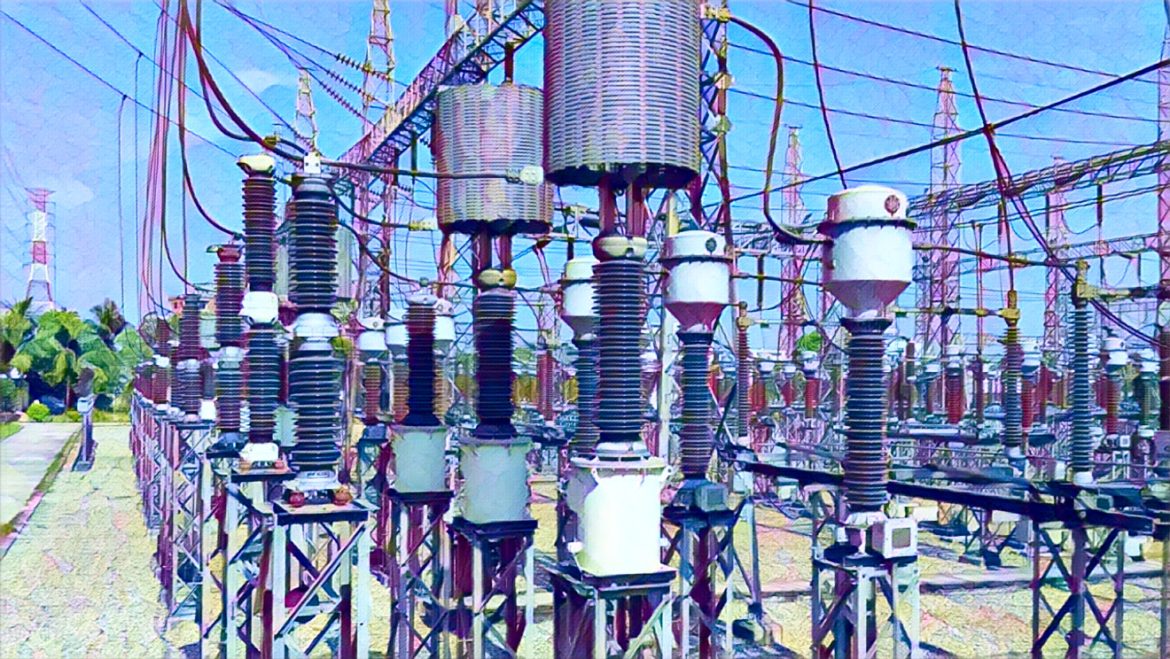KEY POINTS
-
GenCos risk disconnection for failing to implement Free Governor Control.
-
Free Governor Control compliance is key to grid stability.
-
NERC imposes penalties to enforce Free Governor Control rules.
The Federal Government has issued a strong warning to electricity generation companies, saying they risk disconnection from the national grid if they fail to comply with new operational requirements. The Nigerian Electricity Regulatory Commission (NERC) said repeated infractions by GenCos were aggravating the instability of the country’s fragile power system, with the national grid collapsing several times in 2024.
In a directive signed on August 26, 2025, Vice Chairman Musiliu Oseni and Commissioner for Legal, Licensing & Compliance, Dafe Akpeneye, the regulator ordered all power generation firms connected to the grid to implement Free Governor Control (FGC) across their units. The order, referenced NERC/2025/094, takes effect September 1, 2025, and sets a compliance deadline of November 30, 2025.
FGC is a technical mode that allows turbines or generators to automatically adjust output when grid frequency fluctuates. By permitting this automatic response, generating units stabilize electricity supply, helping the system avoid sudden collapses.
Free governor control compliance now mandatory
NERC warned that any generation company that fails to activate FGC across its units will face penalties. The order stipulates a prorated 10 percent fine on invoices of defaulting units, while units recording 90 consecutive days of non-compliance face outright disconnection from the grid. Reconnection will only occur once certified as compliant by the Nigerian Independent System Operator (NISO).
The regulator explained the decision followed multiple disturbances in 2024—five full system blackouts and three partial ones—blamed partly on failures by GenCos to activate FGC. “The incident reports filed by the Transmission Company of Nigeria Plc identified non-compliance with the provisions of the Grid Code by some generation companies as contributory factors,” NERC said.
GenCos face penalties for repeated violations
According to Punch, NERC is invoking its powers under the Electricity Act 2023, which mandates it to ensure safety, reliability, and quality in electricity services. It also references section 12.6.2 of the Grid Code, which requires all generating units to operate with fast-acting governor systems capable of regulating speed and output based on frequency deviations.
In addition, GenCos must procure Grade Level 5 IoT-based metering systems to provide real-time monitoring of output, voltage, and frequency. NISO is tasked with integrating these systems within 20 days of notification and will produce hourly compliance records and monthly reports for regulatory oversight.
The commission emphasized that FGC must remain operable at all times and under every operational condition, including when a generating unit becomes isolated from the grid. It insists the reforms are essential for stabilizing Nigeria’s power sector, which continues to suffer crippling outages.


